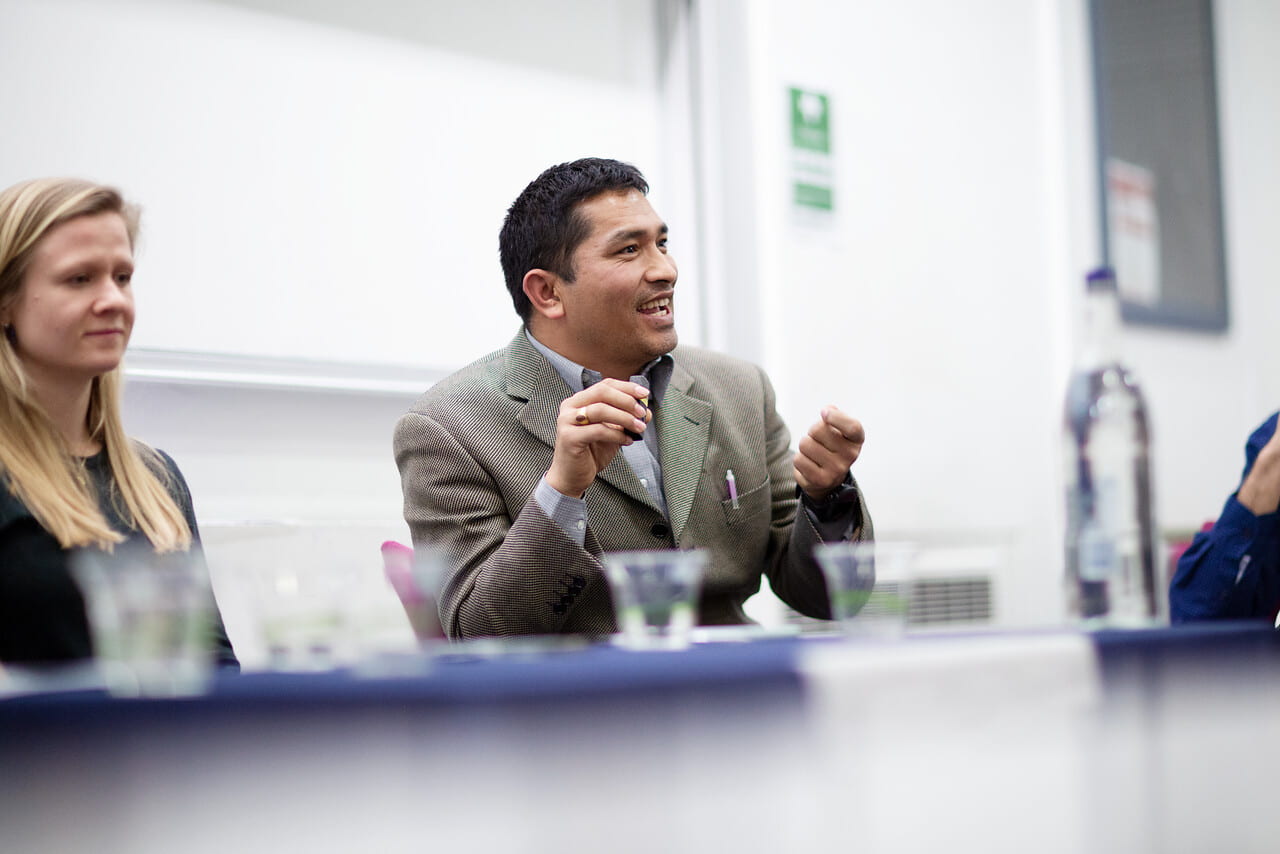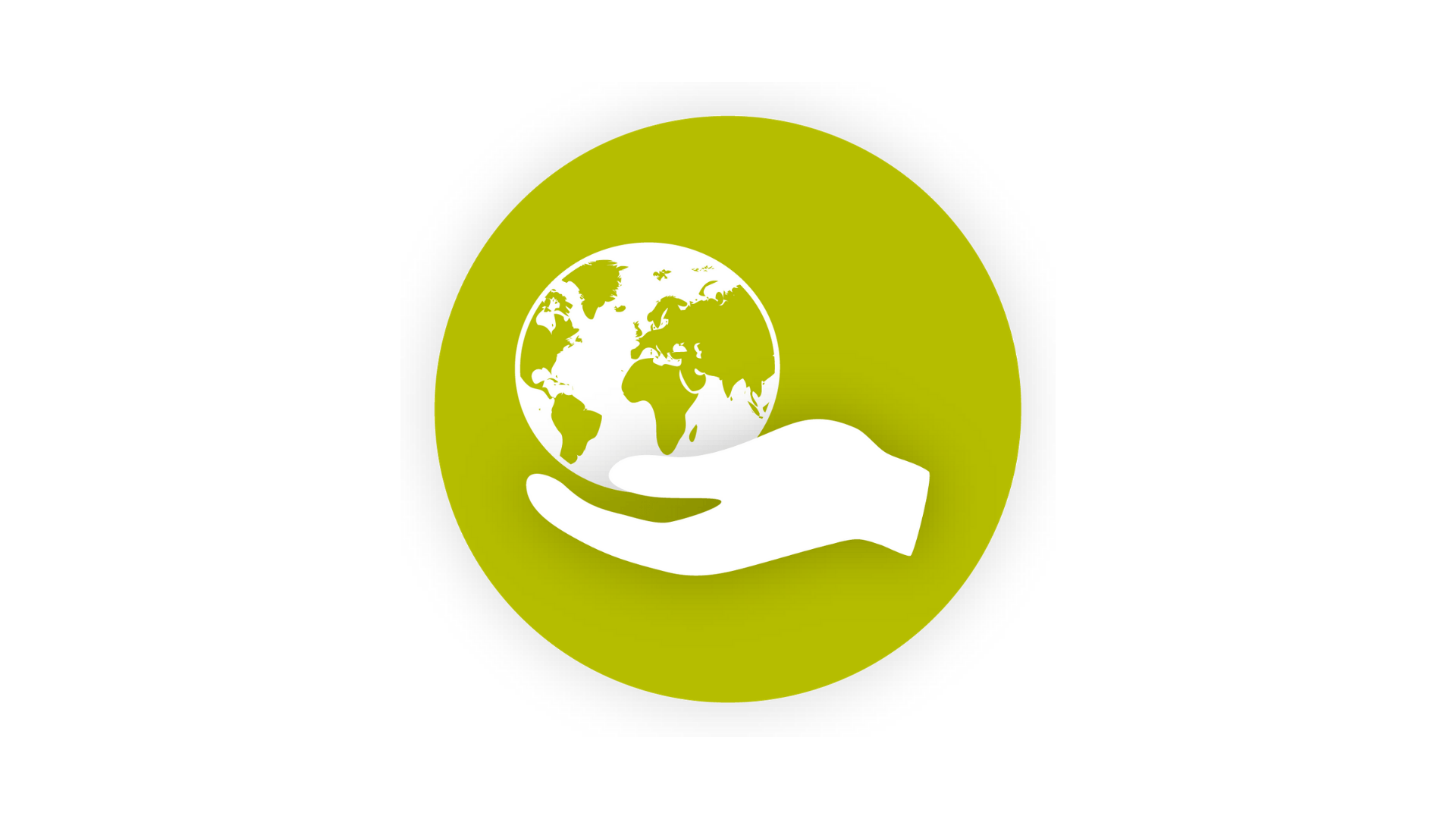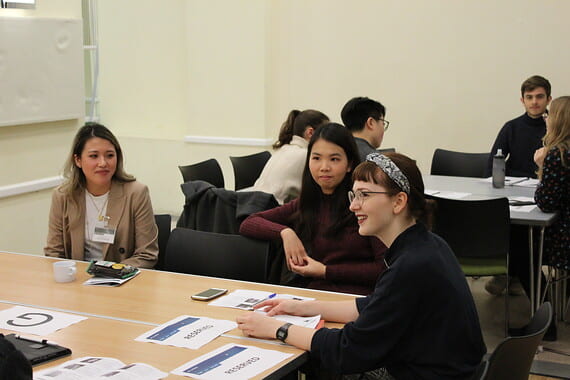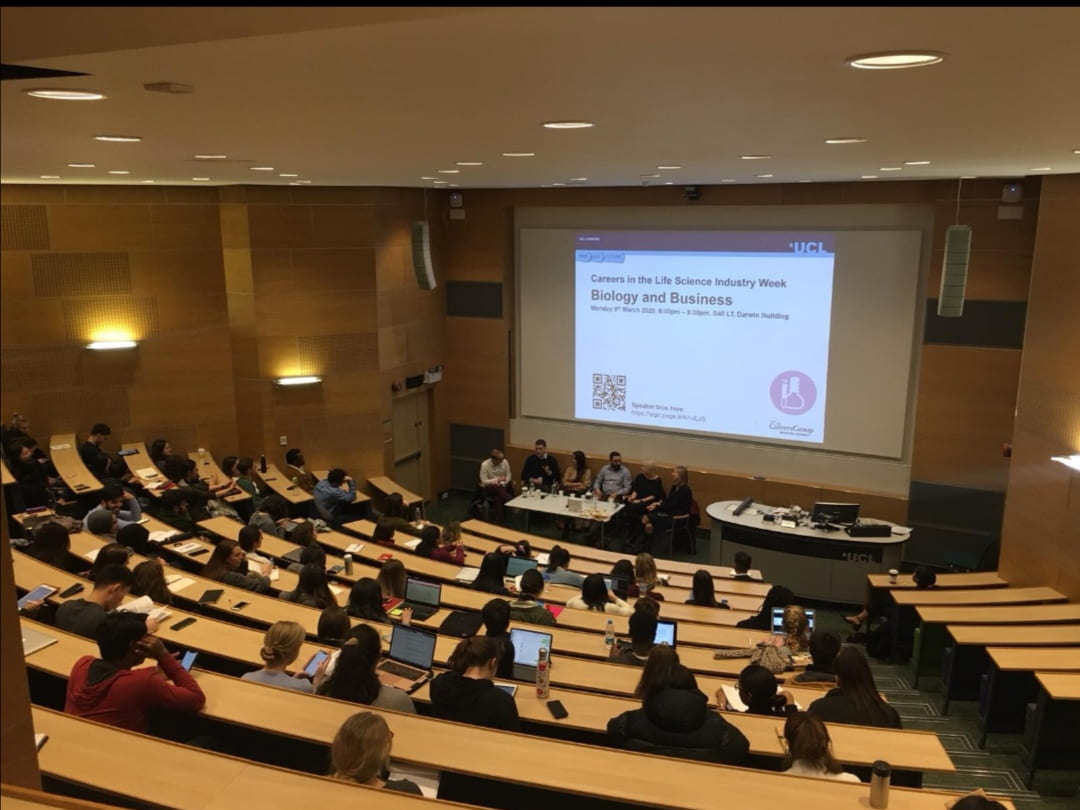5 Things to expect from Careers in the Life Science Industry Week 2021
By skye.aitken, on 22 February 2021
Read time: 2 minutes
Written by Dr Sophia Donaldson, Senior Careers Consultant at UCL Careers.
Starting on Monday 8th March we’re hosting a week of virtual events to help you navigate the Life Sciences Sector, and find out where you might fit within it. All events are held live, and will give you the opportunity to pose your own questions to speakers. Events are open to students, graduates, PhDs, and research staff, with full details and booking here.
Below are 5 things you can expect from the week.
- An overview of just how broad the Life Sciences Industry is
“Life Sciences” is a pretty loose term, right? The industry encompasses a huge range of opportunities, including roles in drug development, patenting, marketing, and selling new therapies, or communicating the latest developments in bioscience to policymakers, clinicians, and the public. We’ll kick off the week with a session at 11am on Monday 8th March from CK Group, a science-focused recruitment agency, who’ll provide an overview of the Life Science Sector, and share the kinds of roles they help companies recruit for, including roles for undergraduates, masters grads, and PhD-holders.
- Insight into how to use the lab and data science skills you’ve picked up from your course
Many of you will have enjoyed gaining practical experience in labs, either wet or dry, during your course. But aside from progressing within academia like your lecturers have, it can sometimes be difficult to see how these skills might translate into the workplace. So, we’re running an event to help you understand just that. In our Life Science careers in data science and the lab panel, at 6pm Tuesday 9th March, we will bring together professionals working either in lab or clinical research, or with the increasingly large amounts of data generated from them, across a range of settings. You’ll hear what their roles look like day-to-day, and gain top tips on how to follow a similar path. Organisations represented will include GSK, IQVIA, Parexel, and the NHS.
- Ideas for how to leave the “doing science” bit to someone else.
Many people don’t necessarily love the laboratory or data analysis elements of their study or research, and yet they still enjoy being exposed to a range of cutting-edge developments. If this sounds like you, rest assured there are plenty of ways to capitalise on your scientific knowledge and background, and stay aligned to science, without actually having to be “a scientist”. We’ll showcase some of these roles in two panel events. In Careers in Science Communication and Policy, at 6pm Monday 8th March, we bring together a range of professionals who communicate the latest life science developments to the public and policy makers. And in Biology and Business, at 6pm Thursday 11th March, we host speakers who have combined their passion for science, with roles in business, investments, and patent law. Organisations represented across these two events include CRUK, Wellcome, BBC, Incyte, and Arix Bioscience.
- Insight into how COVID has effected the industry
We all know the effects of the pandemic have been wide-reaching and will last for some time to come. But not all roles and organisations will be affected equally. For example, non-COVID-related health charities may be hit significantly harder than big pharma companies associated with vaccine development. We will be asking all of our speakers to share with us how COVID has impacted their role and organisation, and what they feel the lasting impact may be.
- A chance to experience life science sector work first-hand
You can learn a lot from hearing people discuss their roles. But the best way to decide whether or not something is for you? Try it out! We’ve organised two experiential workshops that’ll give you a taste of life sciences work. In A Career in Medical Writing – Experiential workshop by the European Medical Writing Association 11am-12.30pm, Thursday 11th March, you’ll gain insight into the role of a medical writer, and participate in exercises to practice and improve your own medical writing skills. And in Strategy Consulting in Pharmaceuticals and Healthcare – Experiential Workshop by Cambridge Healthcare Research on Wednesday 10th March, 11am-12pm, you’ll learn about the consultant journey and the kind of consulting case studies you’re likely to face in the interview process and in the job.
 Close
Close











